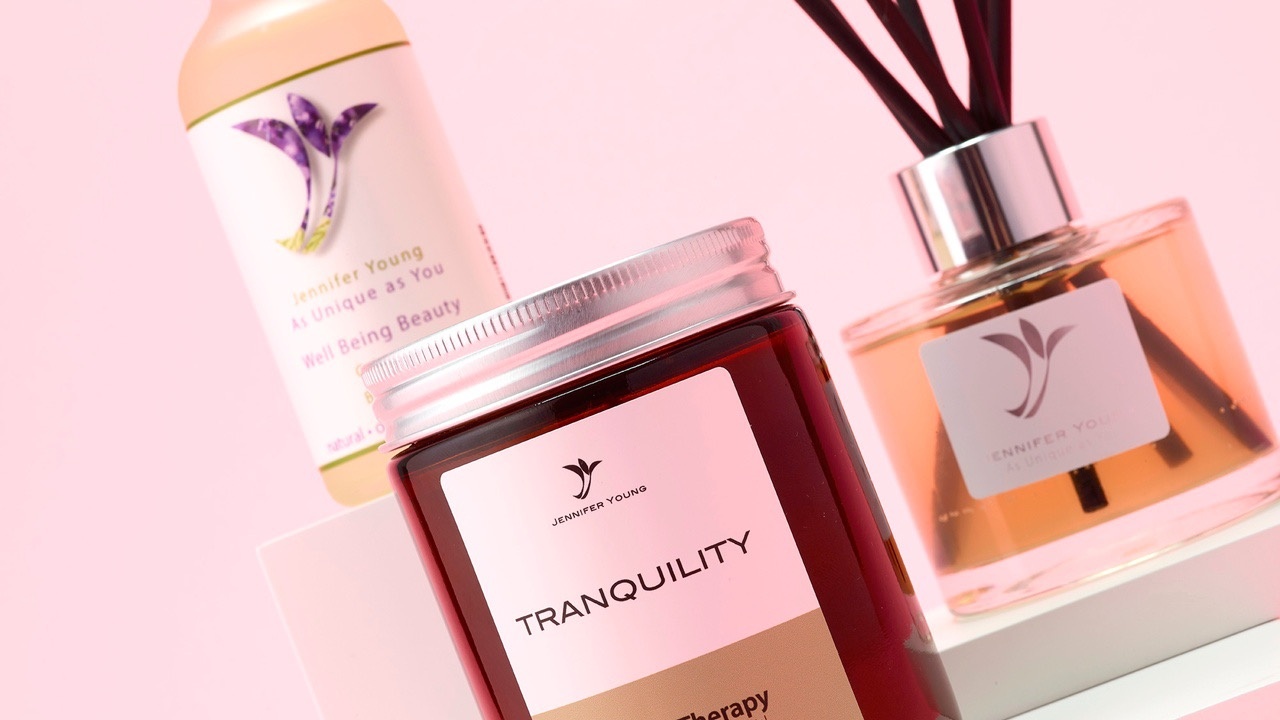
How essential oils influence the mood of you and your clients
Jun 18, 2021You only need to head outside into the garden and smell the roses or the freshly cut grass to know that scent has a powerful influence on how we feel. It’s one of the many reasons essential oils are such powerful therapeutic ingredients in the spa and wellbeing environment.
While we use very few essential oils in our oncology touch therapies and skincare products for use during active cancer treatment, those we do use are chosen for their impact on mind as well as body. Equally, when using essential oils on those who are not having cancer treatment, those we choose and the plants they are derived from are carefully selected for the way they influence our emotions as well as our physical wellbeing.
From supporting clients to playing a proactive role in therapist self-care, we wanted to take a moment to look at the impact of essential oils.
Scent: how smell impacts the way we feel
We know that scent has the power to invoke memories or feel happy, feel hungry or perhaps or give you a sense that a place is calm. You might walk into a fancy hotel and find yourself with the instant sense of luxury as oud wafts through the air vents or perhaps you catch a whiff of holidays as you spray on sun cream for the first time this year. Scent is an extremely powerful and evocative sense, but it goes beyond reminiscence and has the power to change our mood.
In brief, scent works by sending odour molecules to the limbic system, a primitive part of the brain concerned with instincts and survival and emotions. It is also linked to the hypothalamus, the control centre between the endocrine and nervous system, which impacts hormonal responses and mood.
Where essential oils are especially clever is that they are highly volatile, especially the top notes (like lemon). That means that the smell evaporates very quickly and has a fast impact on how we feel. Different oils are used with the intention of having different impacts. For example, you might use frankincense in the middle of the day to focus the mind. If you have a headache, you might try lavender. Or if you need help waking up in the morning you might try dabbing a little pink grapefruit essential oil on a tissue to inhale.
Essential oils and physical wellbeing
You will also likely know from your therapist training, that essential oils can have a physical impact as well, and this is where we need to be especially careful about contraindications.
When incorporating aromatherapy blends into massage oils and skincare products, we need to consider the benefits we want someone to have, but we also need to be aware of anything that could be a negative side effect. For example, tea tree might help with hay fever symptoms and rosemary might help to stimulate blood flow for someone with poor circulation. However, if someone has low blood pressure and an oil (like bergamot) is used to lower blood pressure, it may be too much for that person. It is an area we have written about following a webinar earlier this year about the use of essential oils for those affected by cancer.
Naturally, we are fascinated by the power of essential oils, as well as extremely respectful of them and the care with which they need to be handled. Learning about them can be a powerful way of supporting your clients, but also helping to take care of your own wellbeing at work in the spa and wellbeing industry.
At Jennifer Young we offer therapists enrolled or graduated from The Jennifer Young Training School the opportunity to order discounted professional sized products for use in spa treatments. All our skincare products are 100% natural and formulated to have soothing, rejuvenating properties. Any essential oils used are included for their therapeutic benefits and properties, to give your clients the ultimate experience.

